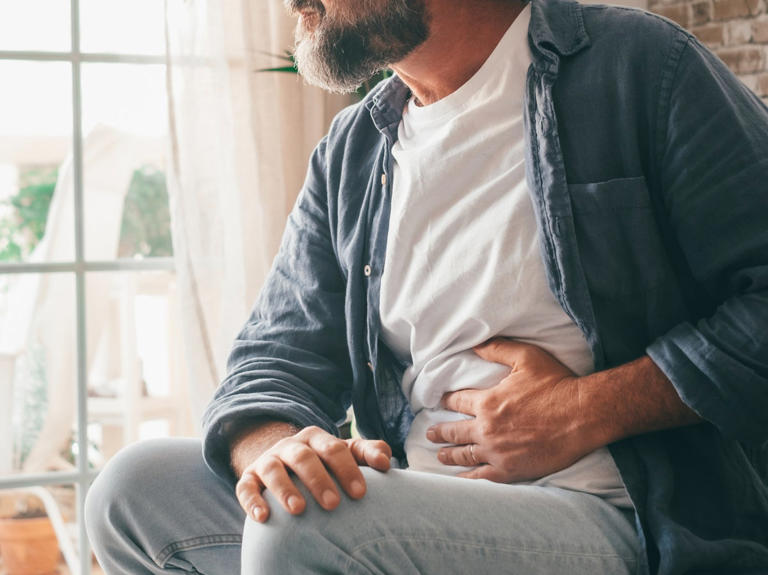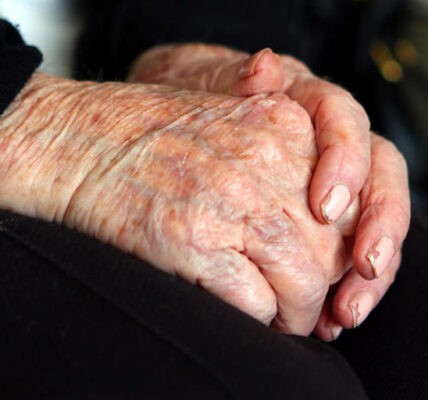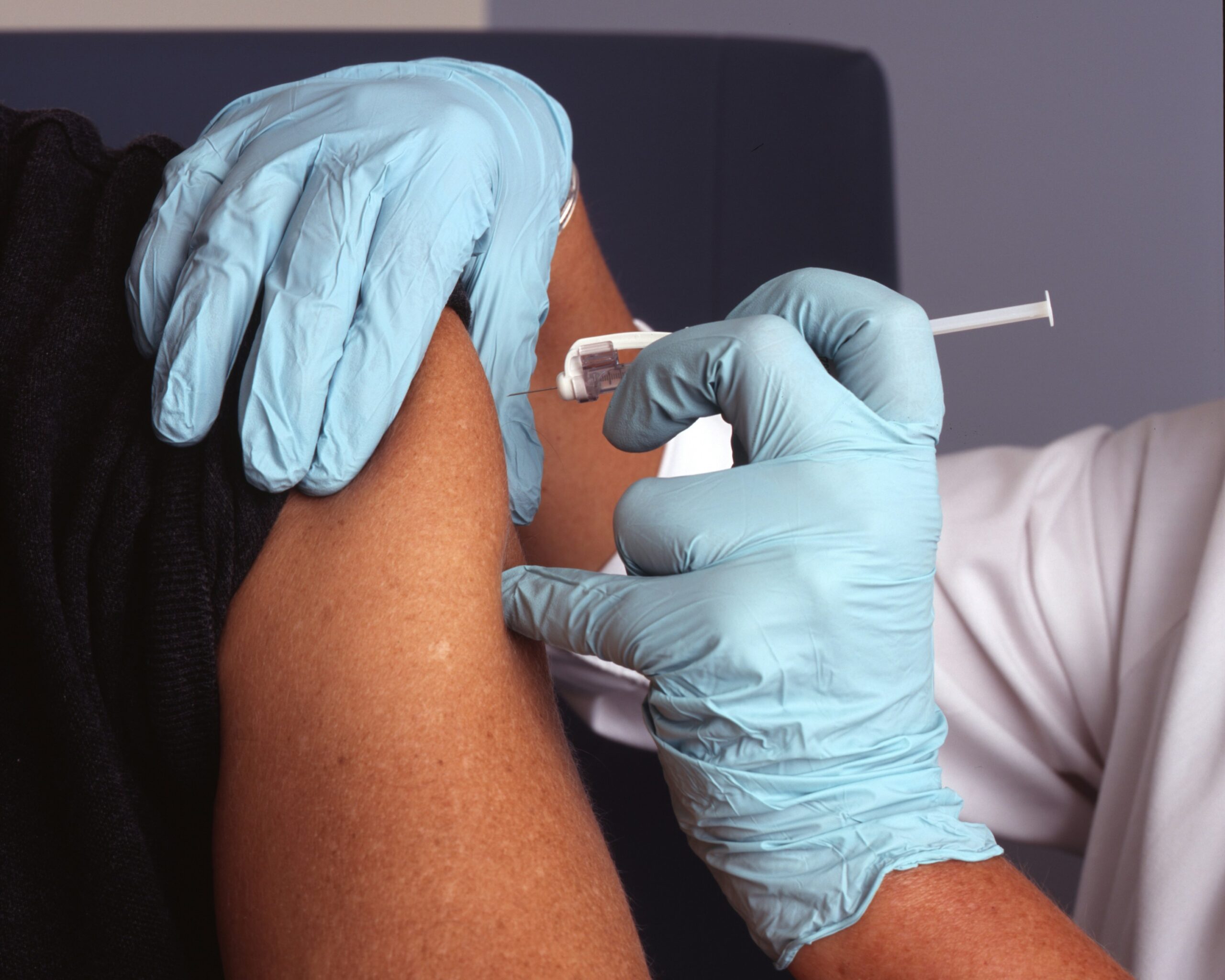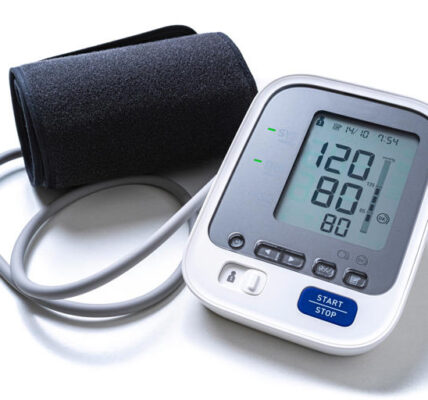NHS Norovirus Stay Home Warning urges everyone to isolate for 48 hours after symptoms end to stop the spread of this highly infectious virus. Learn about symptoms, precautions, and how to protect yourself and others.

© Getty Images
NHS Norovirus Stay Home Warning: Why Staying Home for 48 Hours Matters
The NHS Norovirus Stay Home Warning has been issued to protect the public from one of the most contagious stomach viruses around. This advice is important because people can still spread the virus even after their symptoms have stopped.
While it tends to be worse in colder months, norovirus can cause outbreaks all year round, especially in crowded places such as schools, hospitals, and care homes.
What is Norovirus and Why the NHS Norovirus Stay Home Warning is Important
Norovirus is a virus that infects your stomach and intestines. It causes sudden nausea, vomiting, diarrhoea, stomach cramps, and sometimes fever and body aches. Most people recover within two to three days, but the virus is still active in your system after symptoms stop.
Even after you feel better, you can still pass the virus to others through touch, contaminated surfaces, or food you prepare. This is why returning to work, school, or social activities too soon can help the virus spread to many more people.
Current Rise in Norovirus Cases — What the Data Shows
Recent data from the UKHSA reveals a worrying spike in norovirus cases. Between the end of March and late April, England saw more than double the number of cases compared to the average over the past five years. There were almost 15,000 cases recorded, whereas normally around 6,400 would be expected.
Hospital outbreaks have also risen significantly, with a 43% increase compared to previous years. This rise has prompted the NHS Norovirus Stay Home Warning to be taken seriously by the public and healthcare providers alike.
Although there are signs that case numbers have started to fall recently, the virus remains widespread and highly contagious.
How Does Norovirus Spread? Understanding the Risks
Norovirus spreads easily and quickly. You can catch it by:
-
Touching surfaces or objects contaminated with the virus (like door handles, taps, or toilet seats) and then touching your mouth.
-
Eating food or drinking water contaminated by the virus.
One tricky thing about norovirus is that people can start spreading it before they even feel sick. Symptoms usually appear within 12 to 48 hours of catching the virus.
This is why the NHS Norovirus Stay Home Warning includes staying away from others not just when you feel sick but also for 48 hours after symptoms stop.
Recognizing Norovirus Symptoms
The NHS Norovirus Stay Home Warning highlights that symptoms usually come on quickly and include:
-
Nausea and sudden vomiting
-
Diarrhoea
-
Stomach cramps
-
Fever
-
Headaches
-
General aches and pains
While the illness is unpleasant, it usually passes within a few days. The most important thing during recovery is to drink plenty of fluids to avoid dehydration.
If you or your child have diarrhoea lasting longer than seven days, or vomiting for more than two days, the NHS recommends contacting NHS 111 or your GP for advice.

© PA
NHS Norovirus Stay Home Warning: Important Precautions to Prevent Spread
To help stop norovirus from spreading, the NHS advises the following measures:
-
Do not return to work, school, or visit hospitals or care homes during this time.
-
Avoid preparing or handling food for others until 48 hours after recovery, as the virus can spread through food.
-
Wash your hands thoroughly with soap and water after using the toilet, before eating, and after caring for someone who is ill.
-
Clean and disinfect frequently touched surfaces such as toilet seats, flush handles, door handles, and taps regularly.
-
Wash any contaminated clothing, bedding, or towels separately at 60°C to kill the virus.
Following these steps can significantly reduce the chances of passing the virus to family, friends, and vulnerable people.
Why You Should Take the NHS Norovirus Stay Home Warning Seriously
Norovirus outbreaks can be very disruptive. Schools may have to close classes, hospitals can face strain due to outbreaks among patients and staff, and workplaces may experience staff shortages.
By following the NHS Norovirus Stay Home Warning, you are helping protect not just yourself but also those around you, especially young children, older adults, and people with weakened immune systems who are more vulnerable to complications.
Taking the time to stay home for the full 48 hours after symptoms end is a simple but effective way to stop the spread of this nasty virus.
What to Do If You’re Infected
If you develop norovirus symptoms:
-
Rest and keep hydrated with water, oral rehydration solutions, or clear fluids.
-
Avoid solid food until vomiting stops, then slowly reintroduce bland foods.
-
Stay home and avoid contact with others.
-
Follow the NHS advice on hygiene and cleaning.
-
If symptoms worsen or last longer than expected, contact NHS 111 or your GP.
Final Thoughts on the NHS Norovirus Stay Home Warning
The NHS Norovirus Stay Home Warning is an important message for everyone in the UK. Norovirus spreads fast and easily, but with simple precautions like staying home for 48 hours after symptoms end, good handwashing, and cleaning, we can all help reduce outbreaks.
If you or someone in your household has norovirus, take the NHS advice seriously. Staying home may seem inconvenient, but it’s a crucial step to protect your community and stop this virus in its tracks.
Related:
Statins Blood Cancer Survival: 3 Stunning Breakthroughs Uncovered




